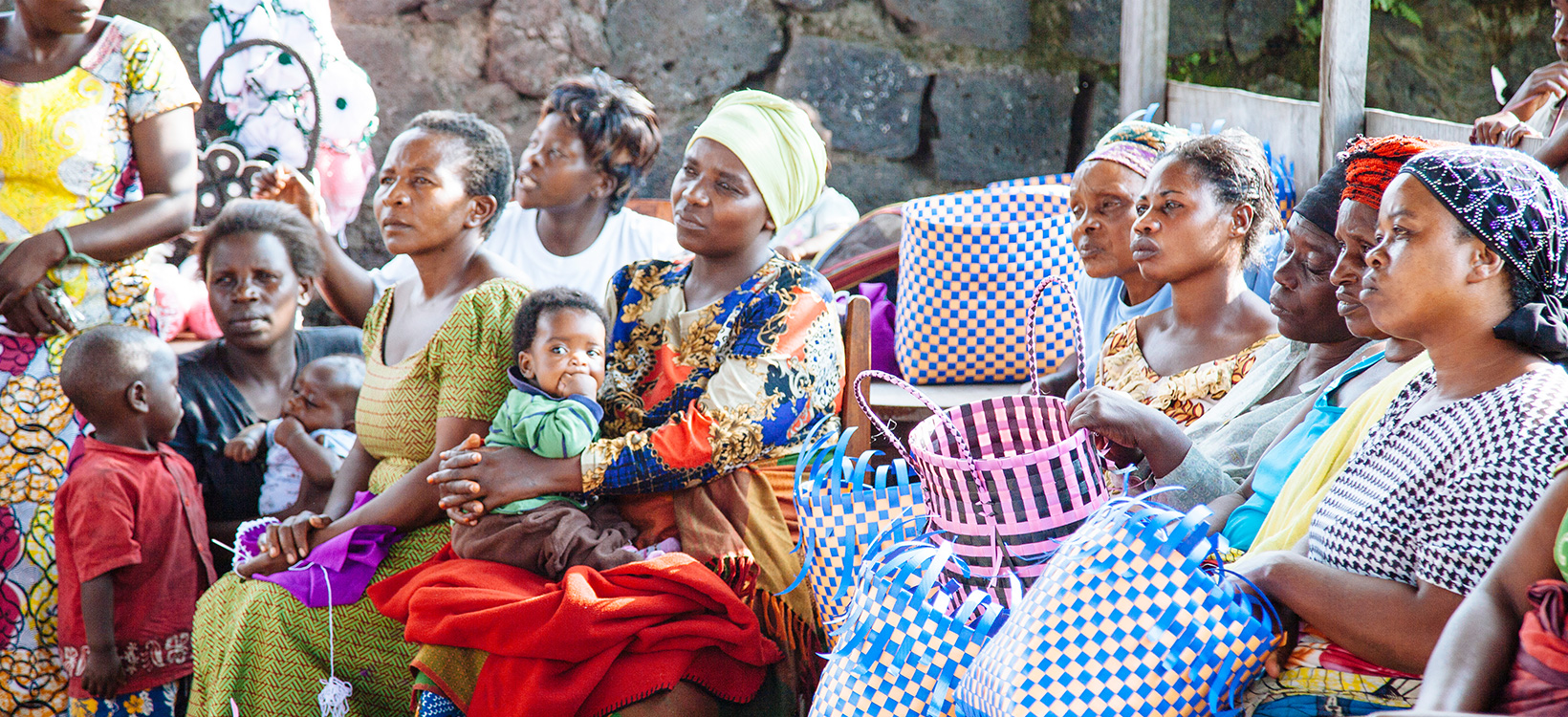Survivors of rape or obstetric fistula in the Democratic Republic of Congo (DRC) usually have serious medical problems. The majority of them are abandoned by their husbands and ostracized by their communities. The psychological trauma, a sense of shame, frequently accompanied by spiritual struggles, and the isolation tend to overwhelm the survivor. Heal My People seeks to identify the survivors, connecting them to and assisting them with vital medical, psychological, and social recovery assistance.
The program also evolved to treat women who had been ostracized from family and or the community because of obstetric fistula. This condition is brought on by problems during pregnancy and delivery. It occurs frequently in underdeveloped countries characterized by poverty, lack of quality maternal healthcare, pregnancy among young women and girls, and lack of education. Heal My People staff members begin by identifying the victims of rape or obstetric fistulas. The staff trains local village women to listen compassionately to the victims. The victims are then referred for appropriate treatment. This pattern for utilizing and augmenting available community resources is a key to the success of the program.
Heal My People provides medical treatment, post-exposure prophylaxis to prevent HIV infection, psychological, and social support. The program connects women and their families to other critical services as well. Survivors and their families are encouraged to seek out the religious resources of their choice to assist in the healing process. Women are followed for as long as five years by trained counselors and given access to literacy training, vocational training, and micro-loans so they can rebuild their lives.

Stories of Women Helped Through Heal My People
- “Chantal” walked 400 miles (700 km) to get to HEAL Africa. She had been living as a sex slave for years after having been captured. She was shot in the arm, and escaped into the forest, walking and running for seven months, heading for HEAL Africa and Goma.
- “Francine” was eight. She had to wait for fistula repair, until the sexually transmitted diseases she had contracted had been treated and cured. During her time at HEAL Africa she learned to read. It was the first school she had ever attended.
- “Esperance” arrived in Goma from Maniema. After she was married she became pregnant and suffered through six days of traumatic labor. The baby died, and she was left with an obstetric fistula. She was rejected by her husband and by her family. For twenty years she lived on the margin of society, unable to participate because of the smell associated with the incontinence from the fistula. HEAL Africa doctors surgically repaired her fistula and she was able to return home two weeks later, cured! What a transformation. Her life is dramatically changed.
